Introduction:
The healthcare industry plays a crucial role in society, and effective management is vital for the smooth functioning of healthcare facilities. With the complexities of modern healthcare systems, the demand for skilled hospital administrators has increased significantly. One way to equip yourself with the necessary expertise and knowledge to thrive in this field is by pursuing a Master of Hospital Administration (MHA) degree. In this blog, we’ll explore the various benefits of obtaining an MHA and how it can open doors to a fulfilling and rewarding career in healthcare administration.
In-depth Understanding of Healthcare Management:
An MHA program provides comprehensive education on various aspects of healthcare management, including healthcare policy, finance, human resources, strategic planning, and quality improvement. By gaining expertise in these areas, you’ll be better equipped to handle the day-to-day challenges faced by healthcare administrators.
Leadership and Decision-making Skills:
The MHA curriculum emphasizes leadership development, communication, and decision-making skills. As a healthcare administrator, you’ll be responsible for overseeing teams, setting goals, and making critical decisions that impact patient care and the overall success of the institution. An MHA degree prepares you to handle these responsibilities with confidence and effectiveness.
Networking Opportunities:
During your MHA program, you’ll have the chance to interact with faculty, fellow students, and professionals in the healthcare industry. Building these connections can open doors to internships, job opportunities, and collaborations, which can significantly boost your career prospects.
Specialization Options:
Depending on the university or college offering the MHA program, you may have the opportunity to specialize in a specific area of healthcare management. This could include areas like hospital administration, healthcare informatics, healthcare marketing, or long-term care administration. Specialization allows you to focus on your passion and interests within the broader field of healthcare administration.
Demand for Skilled Administrators:
The healthcare industry is continuously growing and evolving, creating a constant demand for skilled hospital administrators. As the population ages and healthcare needs increase, the demand for professionals with MHA degrees is likely to remain high. This means that your expertise will be sought after, and you’ll have a plethora of career opportunities.
Competitive Salary and Career Advancement:
Due to the critical nature of their roles, hospital administrators are well-compensated. With an MHA degree, you position yourself for higher earning potential and faster career advancement. As you gain experience and prove your abilities, you’ll be eligible for higher-level administrative positions with increased responsibilities and rewards.
Contributing to Better Patient Care:
While hospital administrators may not provide direct patient care, their decisions and management skills impact the quality of healthcare services delivered to patients. By ensuring smooth operations, efficient resource allocation, and adherence to best practices, you indirectly contribute to better patient outcomes and overall healthcare system improvement.
Conclusion:
Pursuing a Master of Hospital Administration can be a game-changer for individuals aspiring to make a positive impact in the healthcare industry. With a comprehensive education in healthcare management, leadership skills, and networking opportunities, you’ll be well-prepared for a rewarding career as a hospital administrator. Whether you’re interested in working in large healthcare systems, private practices, or government organizations, the MHA degree opens the door to a world of possibilities and a fulfilling journey of improving healthcare delivery.
